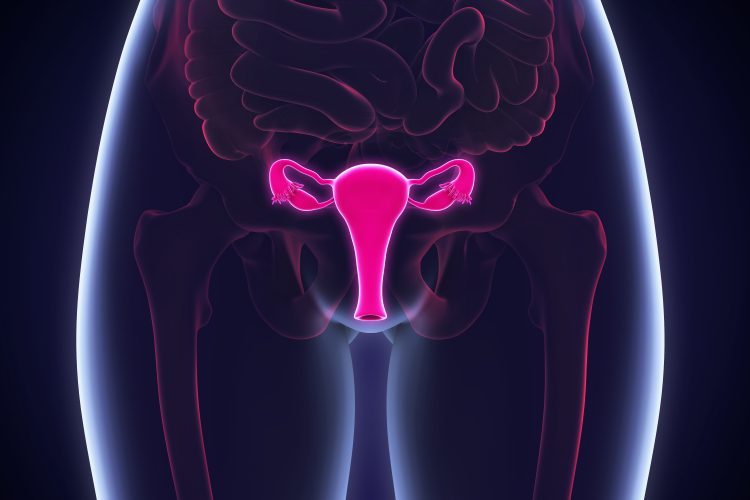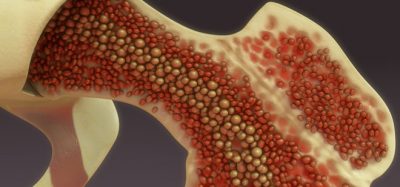ETV4 protein implicated in cancer-promoting oestrogen signalling
Posted: 12 February 2020 | Hannah Balfour (Drug Target Review) | No comments yet
Research into gynaecological cancers has shown that removing the ETV4 protein from endometrial cancer cells reduces oestrogen signalling and subsequently tumour growth.


In gynaecological cancers, such as endometrial or uterine cancers, oestrogen signalling is critical to tumour growth and development. A study published in Cancer Research details findings that indicate oestrogen signals through a receptor which requires the ETV4 protein for downstream effects.
“We started out with a question of how oestrogen signalling works in endometrial cancer,” said Adriana Rodriguez, lead study author and PhD student at the University of Utah (U of U), US. “Most of what we know about oestrogen receptor comes from work in breast cancer, although we know that oestrogen receptor affects different genes in the two cancer types. In this study, we went looking for which proteins influence oestrogen receptor in endometrial cancer cells.”
In their research, the scientists showed that the ETV4 protein must play a key role in how oestrogen communicates with endometrial cancer cells, as when it was removed from human endometrial cancer cells grown in mice, oestrogen signalling significantly reduced and the tumour growth slowed.
“To our surprise, we found that ETV4 helped to promote oestrogen signalling in two ways: first, it was telling oestrogen receptor where to bind in the genome; and second, it was causing more oestrogen receptor to be active,” said Dr Jay Gertz, a cancer researcher at Huntsman Cancer Institute (HCI) and assistant professor of oncological sciences, both at the U of U. “If we can find out what is causing ETV4 to be active, then we have a chance of reducing growth-promoting oestrogen signalling in uterine tumours.”
“Unfortunately, [uterine] cancer is on the rise and there are limited treatments for the disease. We believe this study lays the groundwork for future research into ways of blocking oestrogen signalling in endometrial cancer,” said Gertz.
Related topics
Disease Research, Drug Targets, Oncology, Protein, Protein Expression
Related conditions
Endometrial cancer, uterine cancer
Related organisations
Huntsman Cancer Institute (HCI), University of Utah (U of U)
Related people
Adriana Rodriguez, Dr Jay Gertz








